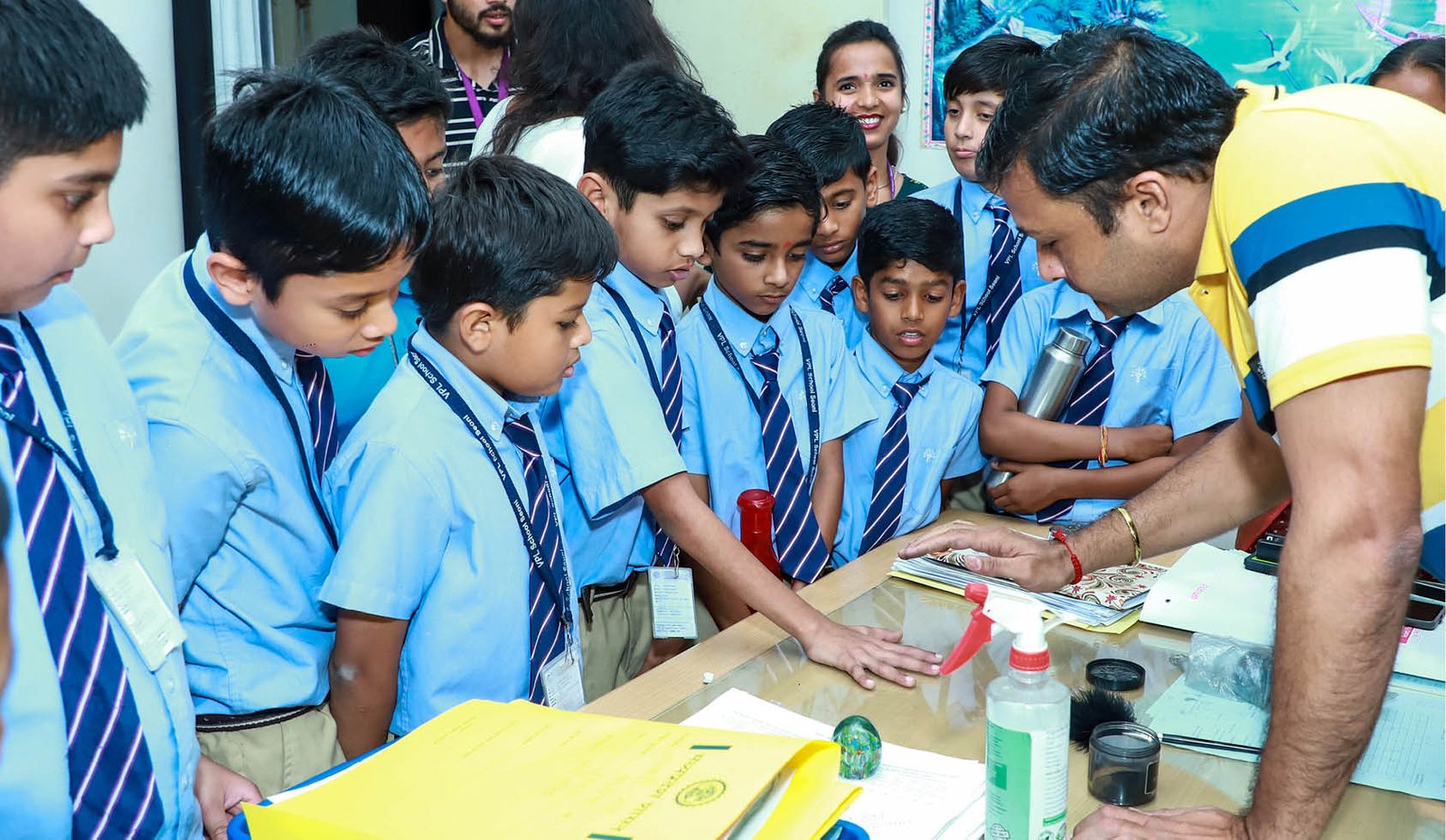Introduction: Understanding Emotional Turbulence
Mood swings in young students are not just expected; they’re a natural part of growing up. However, when these swings impact a child’s ability to learn, interact, or function within the school environment, they necessitate understanding, intervention, and support. Recognising and managing these emotional fluctuations early can significantly benefit students’ well-being and academic performance.
1. Promoting Emotional Literacy in the Classroom
The foundation for managing mood swings begins with emotional literacy—helping children understand and articulate their feelings. Educators can integrate activities that teach students to identify and express their emotions healthily and constructively, laying the groundwork for emotional self-regulation.
2. Creating a Safe and Supportive Environment
A supportive classroom environment is crucial, where students feel safe expressing their emotions without fear of judgment. Teachers can foster this atmosphere by being approachable, showing empathy, and encouraging peer support. This not only aids in managing mood swings but also promotes a culture of kindness and understanding.
3. Implementing Mindfulness and Stress-Relief Techniques
Mindfulness exercises, breathing techniques, and short guided meditations can be practical tools in helping students manage their emotions. Incorporating these practices into the daily routine can teach students how to calm their minds, focus on the present, and handle emotional upheaval with greater ease.
4. Encouraging Physical Activity and Play
Physical activity is a powerful mood stabiliser. Regular playtime, sports, and exercise can significantly reduce stress, improve mood, and enhance students’ well-being. Schools should ensure ample opportunities for physical activity, recognising its role in emotional health.
5. Early Identification and Supportive Intervention
Teachers and school staff trained to recognise the signs of significant mood swings can provide early support. Collaborating with school counsellors, psychologists, and parents to develop a tailored support plan for affected students ensures they receive the help they need promptly.
Podar Learn School Seoni: A Pioneer in Holistic Student Support
Podar Learn School Seoni stands out for its proactive approach to student well-being, recognising the intricate link between emotional health and learning. With a firm belief in the “Nayee Generation – Nayee Approach,” the school prioritises emotional literacy, support, and early intervention strategies.
Our comprehensive curriculum includes structured emotional education, mindfulness practices, and a strong emphasis on physical activity, ensuring students can navigate mood swings and emotional challenges. The presence of trained counsellors and a supportive, open-door policy ensures that every student’s emotional needs are addressed, fostering an environment where young minds can thrive, both academically and emotionally.
Conclusion: Building Emotional Resilience
Addressing mood swings in students at an early age is not merely about management; it’s about building resilience, understanding, and empathy. Schools can play a pivotal role in guiding students through emotional development by embedding emotional literacy into the curriculum, creating supportive environments, and providing the necessary interventions. Institutions like Podar Learn School Seoni exemplify how education can extend beyond academics to include comprehensive emotional support, preparing students for a balanced and prosperous future.

